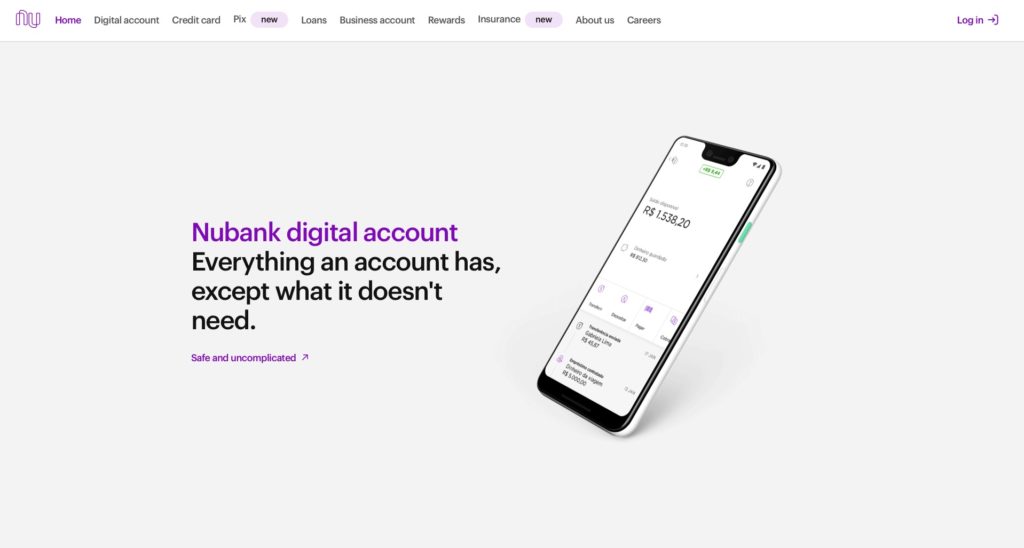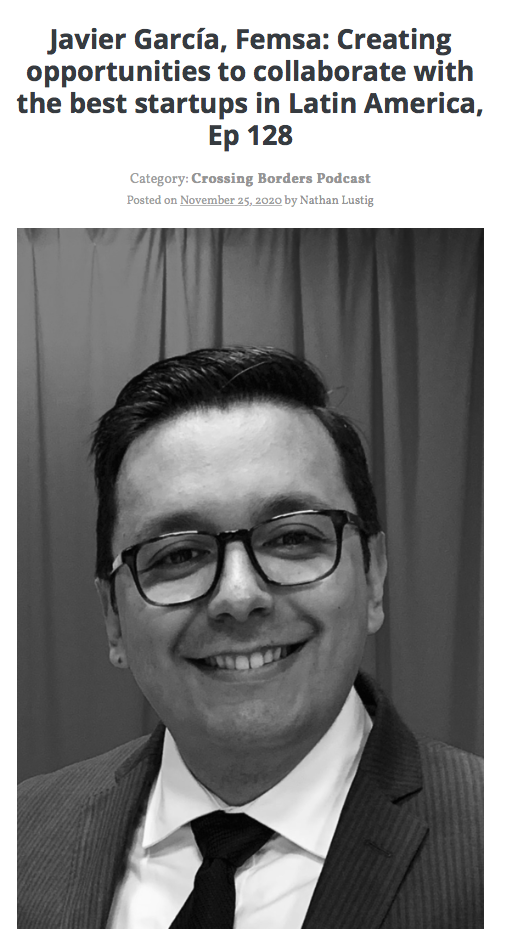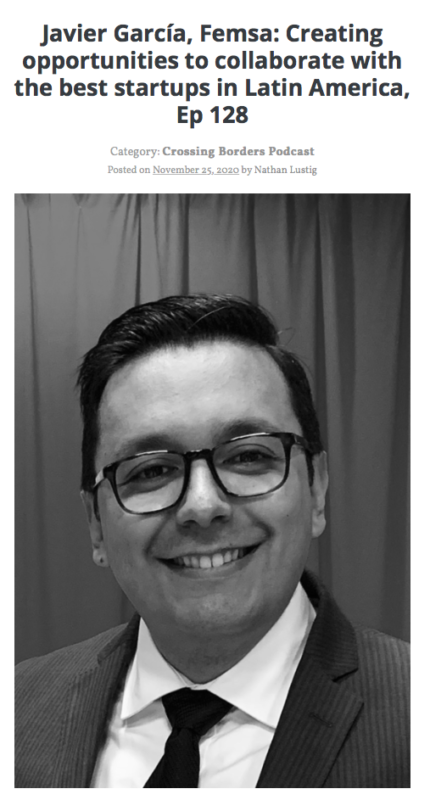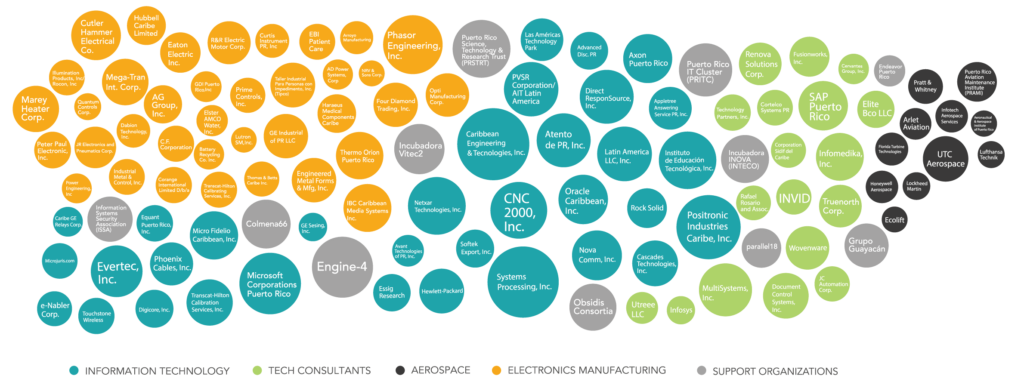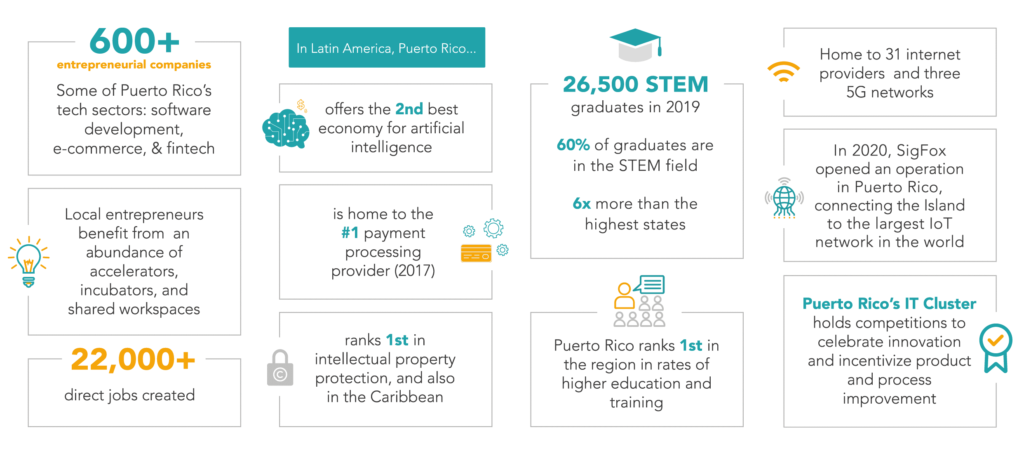
Zelf, a messenger-based challenger bank based in Latvia and focused on Generation Z customers, announced earlier this week that it has secured $2 million in pre-seed funding. The round was led by Austrian venture capital firm 3VC, and featured participation by Seed X, Hard Yaka, Goldfinger, and angel investor Chris Adelsbach.
The company, founded by CEO Elliot Goykhman, will use the capital to fuel growth and expansion throughout Europe, particularly in Spain, Germany, Poland, and Italy. Zelf also sees the funding as an opportunity to establish itself in the U.K. and the U.S., as well. Most recently, the company launched operations in France and said it has 13,000 people currently using its Zelf Cards there.
“We started building ZELF in 2018 with a vision of a cashless and contactless society of the future,” the Zelf Team noted on its blog in a look back at 2020. “and the shockwave of COVID-19 in 2020 proved that it was the right path not only businesswise, but also sadly healthwise.”
Zelf accountholders get a digital Mastercard and an IBAN account which can be used to send and receive money on instant messaging apps like Facebook Messenger, WhatsApp, Telegram, and Viber. Zelf also features an AI-powered voice interface that can be used to perform basic PFM functions like requesting money, sending invoices, and checking account balances.
“We are confident that our business model of eliminating cumbersome banking apps, as well as physical plastic cards, will prove to be the winning strategy,” Goykhman said.
This week’s Finovate Global Lists takes a look at the fintech industry in the Philippines. IBS Intelligence recently leveraged the Startup Genome’s Global Startup Ecosystem Report to analyze the adoption of digital financial services in the country and pick five companies to keep an eye on this year.
The Philippines, as the article noted, is an interesting case study insofar as the country’s capital of Manila has signficant English-speaking population and what IBS Intelligence called “a more western inclined culture” that is a “natural fit for the growth of fintech.”
Compared to larger neighbor Indonesia and smaller neighbor Malaysia, the Philippines is younger and has a faster growing population. The Philippines also has a marginally higher literacy rate, as well as higher real GDP growth and greater per capita mobile phone penetration (based on subscriptions).
Looking specifically at the country’s fintech industry, Startup Genome noted that fintechs comprise 15% of the startups in Manila, the Philippine capital. The report gave the country’s fintech market a transaction value of $10 billion in 2019 and anticipated a growth of 24% in 2020. Among the fintechs highlighted in the report are digital wallet and exchange Coins.ph (recently acquired by Indonesia mobility company Go-Jek for $72 million) and online financing platform for SMEs, First Circle.
For more, check out IBS Intelligence’s selection of their 5 Top Fintechs in the Philippines to Watch Out for in 2021.
Here is our look at fintech innovation around the world.
Middle East and Northern Africa
- Tarabut Gateway, an open banking platform based in Bahrain, secures $13 million in seed funding.
- Saudi Central Bank (SAMA) unveils its ‘sarie’ instant payment system.
- In partnership with Visa, Egypt’s Information Technology Industry Development Agency is launching a fintech training program.
Central and Southern Asia
- Karachi-based SadaPay partners with IDEMIA to grow digital payment services in Pakistan.
- TechCrunch profiles FairMoney, a fintech based in Nigeria that expanded to India back in August.
- Bengaluru-based digital lender KreditBee locks in $75 million in Series C funding.
Latin America and the Caribbean
- A partnership between payment platform dLocal and omnichannel commerce platform provider Lightspeed will bring new payment options to merchants in Mexico and throughout Latin America.
- Mastercard and ACI Worldwide team up to bring real-time payments to Peru.
- Veriff, an identity verification provider based in Estonia, is teaming up with Kueski to grow its business in Latin America.
Asia-Pacific
- Indonesia online travel startup Traveloka announces plans to offer financial services in Thailand and Vietnam ahead of potential U.S. IPO.
- Swiss fintech NetGuardians partners with PwC Singapore to help banks fight fraud.
- PYMNTS.com profiles Indonesia fintech GajiGesa.
Sub-Saharan Africa
- South African neobank TymeBank scores $109 million in funding ahead of expansion to the Philippines.
- Pula, an insurtech based in Kenya, is expanding to Philippines, Thailand, Turkey, and Pakistan after raising $6 million in Series A funding.
- Stitch, a South African fintech infrastructure company, announces $4 million seed round as it emerges from stealth.
Central and Eastern Europe
- Nuapay to bring its open banking payment capabilities to banks in Germany.
- Lithuania’s iDenfy announces partnership with international payment platform Verifo.
- German digital bank Penta picks up an additional $9 million in its Series B round.
Photo by Aleksejs Bergmanis from Pexels













